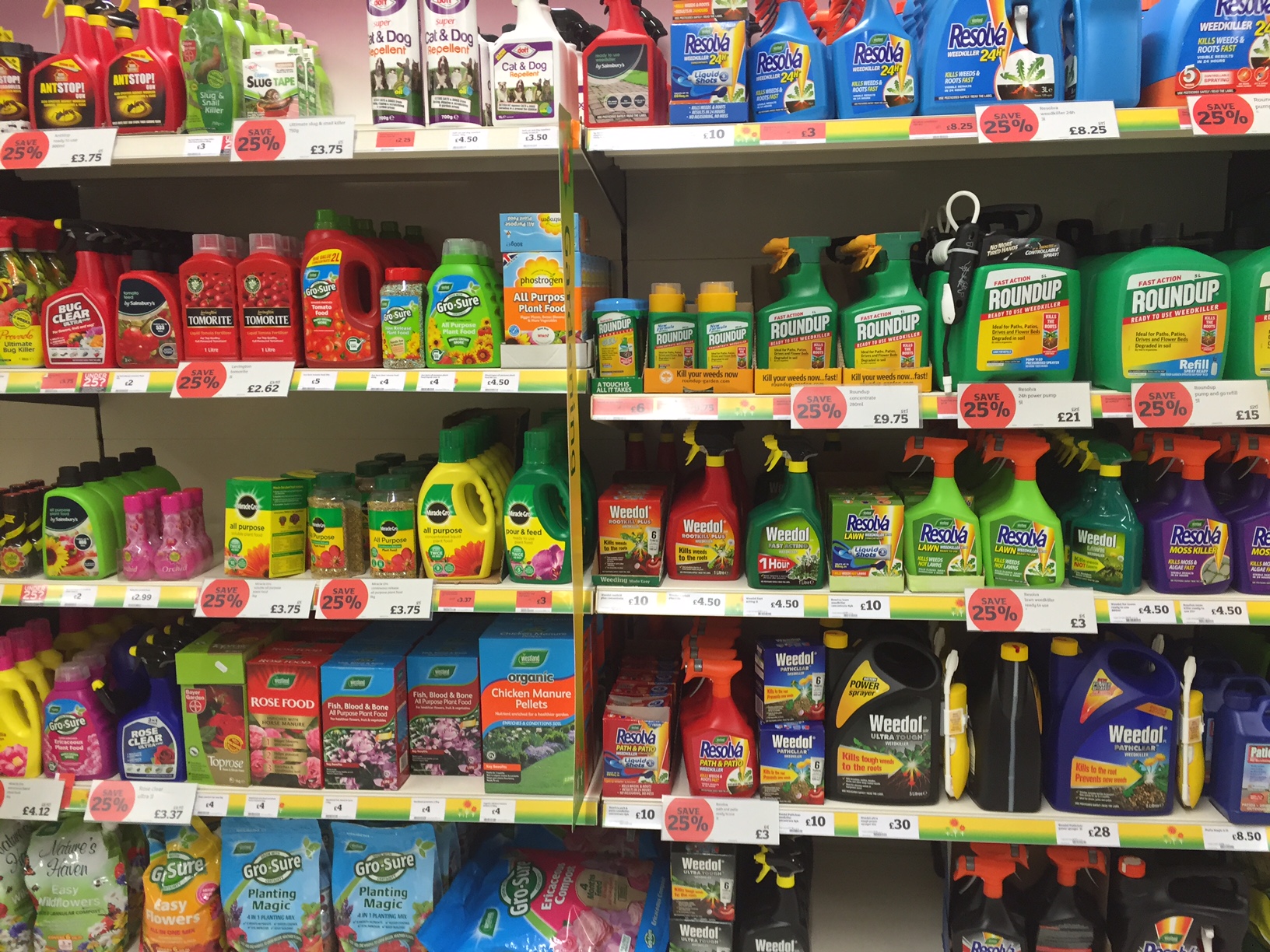Pesticide Recall Insurance: When Products Must Be Withdrawn
The agricultural and pest control industries rely heavily on pesticides to protect crops and manage pest populations. However, when these chemical products pose unexpected risks to human health, the environment, or fail to meet regulatory standards, manufacturers and distributors may face costly product recalls. Pesticide recall insurance provides crucial financial protection when products must be withdrawn from the market.
Understanding Pesticide Recalls
Pesticide recalls occur when products are found to be defective, contaminated, mislabeled, or pose unforeseen health or environmental risks. Unlike voluntary withdrawals, recalls often involve regulatory intervention from agencies like the Health and Safety Executive (HSE) or the Environment Agency.
Common reasons for pesticide recalls include:
- Contamination issues - Foreign substances or incorrect chemical compositions
- Labeling errors - Incorrect usage instructions or missing safety warnings
- Regulatory non-compliance - Failure to meet updated safety standards
- Environmental concerns - Unexpected impact on non-target species or ecosystems
- Health risks - New research revealing previously unknown dangers
The Financial Impact of Pesticide Recalls
When a pesticide recall occurs, the financial consequences can be devastating for businesses throughout the supply chain:
Direct Recall Costs
- Product retrieval and transportation
- Destruction or reprocessing of recalled products
- Notification costs to distributors and end users
- Regulatory compliance and reporting expenses
Business Interruption Losses
- Lost sales during the recall period
- Market share erosion to competitors
- Delayed product launches
- Reduced consumer confidence
Legal and Liability Expenses
- Product liability claims from affected parties
- Environmental cleanup costs
- Regulatory fines and penalties
- Legal defense costs
Who Needs Pesticide Recall Insurance?
Several types of businesses in the pesticide supply chain should consider recall insurance:
Manufacturers - Companies that formulate and produce pesticides face the highest exposure, as they're typically responsible for product defects and safety issues.
Importers and Distributors - Businesses that bring pesticides to market or distribute them to retailers can be held liable for recalled products.
Private Label Retailers - Agricultural suppliers selling pesticides under their own brand name assume product liability risks.
Contract Manufacturers - Companies producing pesticides for other brands may need coverage for manufacturing defects.
Key Coverage Components
Comprehensive pesticide recall insurance typically includes:
First-Party Costs
- Recall expenses - Costs to notify customers and retrieve products
- Product destruction - Safe disposal of recalled pesticides
- Crisis management - Public relations and communication costs
- Business interruption - Lost income during recall periods
Third-Party Liability
- Bodily injury claims - Medical costs for pesticide exposure
- Property damage - Crop damage or environmental contamination
- Economic losses - Financial harm to farmers or distributors
- Clean-up costs - Environmental remediation expenses
Regulatory Response
- Government-mandated recalls - Compliance with regulatory orders
- Investigation costs - Expenses related to regulatory inquiries
- Fines and penalties - Regulatory sanctions (where legally insurable)
Industry-Specific Considerations
The pesticide industry faces unique challenges that standard product recall policies may not adequately address:
Environmental Impact - Pesticides can cause widespread environmental damage, requiring specialized environmental liability coverage.
Agricultural Timing - Recalls during critical growing seasons can have amplified financial impacts on the entire agricultural supply chain.
Regulatory Complexity - Multiple agencies may be involved in pesticide regulation, creating complex compliance requirements.
International Trade - Imported pesticides may face recalls in multiple countries, requiring global coverage.
Risk Management Strategies
While insurance provides essential financial protection, businesses should also implement robust risk management practices:
- Quality Control Systems - Rigorous testing and quality assurance processes
- Supply Chain Management - Careful vetting of raw material suppliers
- Regulatory Monitoring - Staying current with changing regulations
- Crisis Response Planning - Prepared recall procedures and communication strategies
- Documentation - Maintaining detailed records for traceability
Choosing the Right Coverage
When selecting pesticide recall insurance, consider:
Coverage Limits - Ensure limits are adequate for potential recall scenarios, including worst-case contamination events.
Geographic Scope - Coverage should match your distribution territory, including international markets if applicable.
Trigger Events - Understand what events activate coverage, including voluntary recalls versus regulatory mandates.
Exclusions - Review policy exclusions carefully, particularly for environmental damage and known defects.
Claims Handling - Choose insurers with experience in pesticide recalls and environmental claims.
The Claims Process
When a recall occurs, prompt action is essential:
- Immediate Notification - Contact your insurer as soon as a potential recall is identified
- Documentation - Preserve all records related to the product and potential defect
- Regulatory Cooperation - Work closely with regulatory agencies while keeping insurers informed
- Cost Tracking - Maintain detailed records of all recall-related expenses
- Communication Management - Coordinate public communications with your insurer's crisis management team
Regulatory Landscape
The UK's pesticide regulatory environment continues to evolve, with increasing scrutiny on environmental and health impacts. Recent developments include:
- Stricter approval processes for new pesticides
- Enhanced monitoring of environmental effects
- Increased penalties for non-compliance
- Greater emphasis on sustainable pest management
These changes increase the likelihood of recalls and make comprehensive insurance coverage even more critical.
Conclusion
Pesticide recall insurance is an essential risk management tool for businesses involved in the manufacture, distribution, or sale of pesticide products. With the potential for significant financial losses from product recalls, having appropriate coverage can mean the difference between surviving a recall and facing business closure.
The complex nature of pesticide liability requires specialized insurance solutions that address the unique risks of the agricultural chemical industry. By working with experienced insurance professionals who understand these challenges, businesses can secure comprehensive protection that covers both the direct costs of recalls and the broader liability exposures.


 0330 127 2333
0330 127 2333
